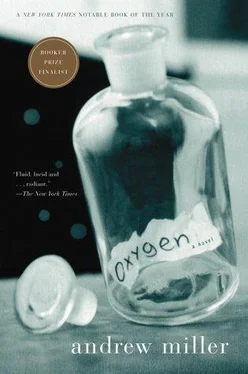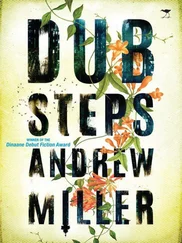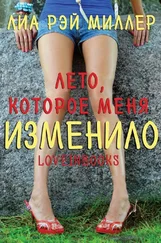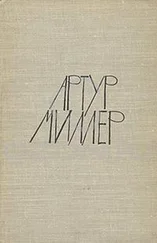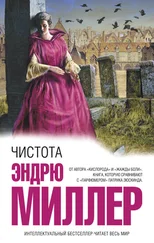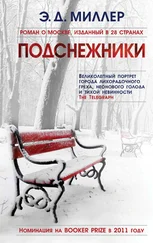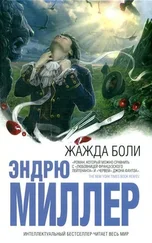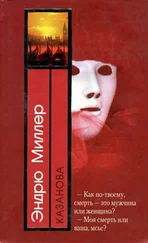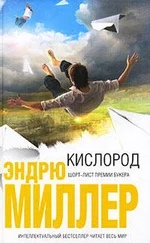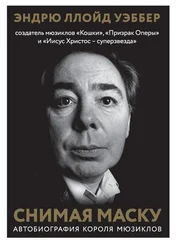‘I know it’s an awful time for you all,’ she said. ‘And people sometimes think it goes on and on for ever. Always the same. But it doesn’t.’ She paused as if to gauge whether or not she was making any sense to him. ‘People think they’ll never be happy again.’
‘Happy?’
‘Yes,’ she said, smiling broadly. ‘Remember happy?’
‘I’ve no idea what you think of me,’ he said.
‘What do you think I think?’
He shook his head.
‘Well…’ She paused. ‘I think you’re a good person.’
‘Really?’
‘A good son. Does that surprise you so much?’
‘Perhaps.’
‘It shouldn’t.’
‘Are you happy?’ he asked.
‘My father used to tell us that happiness and unhappiness are two dogs that follow each other around. When you saw one, the other wasn’t far off. He didn’t really believe in happiness. Not as something you spent your life trying to get.’
‘What did he believe in?’
She shrugged. ‘The Pope. Not getting into debt. Cleaning the heels of your shoes as well as the toes. I think he was saving the family wisdom for the boys.’ She fell silent, watching him. ‘You’re in a dream,’ she said.
‘Sorry.’
‘You want me to ask Larry to do her medicine tonight?’
‘It’s easier for me,’ he said.
‘If you’re sure.’
‘I’m sure.’
He walked to the door of the summerhouse with her. A breeze loaded with grass smells and soil smells and the warm ozonous whiff of the air itself blew the fine ends of a dozen hairs across her cheeks.
‘You know how to get hold of me,’ she said. ‘You’ll be all right?’
When she had gone he lingered in the doorway a moment, then went quickly to the table and opened Oxygène to the last page (Hammer blows, steel on rock …), where a twist of newspaper was Sellotaped to the inside of the card binding. He unpicked the tape with his nail, unwrapped the capsule, and rolled it into his palm. He heard Ella’s voice, and looked up to the window in time to see her go by, hand in hand with Kirsty. They were a good thirty feet away, and he didn’t think they could have seen anything. What could they have seen? They were probably planning to water the garden together, now it was cooler.
He placed the manuscript back on to the shelf beside the dictionaries and briefly laid his head against the spines of the books, as if the mere touch of them were helpful in some way. Consoling. Everything was in its place now. In his hand he held the thread that ran through the labyrinth; he had only to follow it. There were no more decisions to make or to unmake; no more of the vile anticipation. He felt a calmness, a quietness on the far side of thinking, that was immensely restful. He looked at Lázár, who stared back from his winter’s day in the Luxembourg. Would he understand all this? How nobody could be expected to be weak all the time. One day, thought Alec, he would confess it to him in some Paris bar or London hotel, then see how this man who had handled tommy-guns reacted.
Going into the house, he met his brother coming out.
‘Seen Kirsty and Ella?’
‘Bottom of the garden,’ said Alec. He saw that Larry had put on a clean shirt, and carried, almost hidden behind his thigh, a posy of a half-dozen small blooms and herbs – honeysuckle, lavender, rosemary – the stems wrapped in a scrap of baking foil. He looked chastened, excited.
‘Catch you later,’ he said, grinning, and they crossed, one brother stepping out into the light of the terrace, the other going into the house, going up the stairs, and opening the door to his mother’s room.
So what was left to be done? Lâszlô had returned to find himself forgiven, understood, well loved, an Odysseus with bloodshot eyes and no rivals to scatter. Of his adventures he had told whatever could be safely told, and answered, honestly, the few questions Kurt had put to him. He began to think he might welcome a reproach. Such largesse, such big-heartedness, was slightly daunting. To be so trusted! Was he not escaping too lightly? But when he took the young man’s face between his hands, searching out some reservation, something undeclared, he found there only the clear blue depths, the eye-part of a smile.
That first night Lâszlô slept for thirteen hours and felt his life being rearranged in dreams. He was not quite familiar to himself. He was shedding a skin, discovering, in his fifty-ninth year, a self still supple with life.
The next night, a waning moon rose over a city in thrall to rhythm. It was the Fête de la Musique, and every bar, each café large and small – French, Brazilian, Arab, Russian, Vietnamese, even those little places on the side streets where a good night’s business was half a dozen glasses of mint tea or screw-top rouge – were suddenly reckless with music and dancing. Brass bands, flamenco, crooning black-eyed chanteuses, every kind of drum imaginable. No need to go anywhere to dance; enough to find space in the road and start to sway. By ten o’clock many of the roads were impassable but no one complained. The police kept out of sight, parked up somewhere, smoking and teasing their dogs. It felt like the end of a war, but more democratic, more personal, as if everyone had won a war of their own, a private war against a private enemy, emerging – for a night at least – victorious from the long campaign.
For László, squeezing with Kurt through the throng on rue Oberkampf, only one difficulty remained, one last stone in his shoe. Laurence Wylie had called while he was away, had wanted him, had said she needed him, and then, finding he was unavailable, had become angry and rung off distraught. Several times since his return he had tried to call her back but had succeeded only in talking to the answerphone, where the sound of her voice delivering the speak-after-the-beep message had pierced him. It was intolerable that such a woman should go under, intolerable and unjust and wrong. In his last message, left that afternoon, he had told them both to wait in at the apartment. He would come to them. They would open a bottle together. Stay in, go out. Whatever they wished.
Privately, he was determined to share his new energy with them, his new faith. His new manliness! And if he could get them out tonight, surely they would find themselves stepping a waltz – they had loved to dance, had been the kind of couple other dancers stopped to admire – and then they would remember laughter and lightness and the times before, and their poor bruised hearts would begin to warm.
At rue St Maur, they pushed through the ranks of a small salsa orchestra and walked to the rue du Deguerry, where they knocked for several minutes at the door of the Wylies’ apartment. László shrugged, but he was becoming agitated. Where the hell were they?
‘We could try Le Robinet,’ said Kurt. ‘If they’re out drinking they’ll show up there sooner or later.’
So they went back to the music, to streets still snug with the heat of the day, and worked their way around to the boulevard Ménilmontant, where among the couscous restaurants and sweet-pastry shops, Le Robinet, ablaze with light like a small ship on fire, was the scene of yet another impromptu party. It was not, in truth, much of a bar at all: a dozen tables, a curved comptoir to the left of the door, a cramped steamy kitchen in the back, but what it lacked in size and facilities it made up for in character, and was generally considered (by the discerning bon vivants and barflies of the Eleventh) superior to all its rivals.
‘László!’
It was Angela, the patronne, waving to him from the step beside the till, her command post. László fought his way through to her and they kissed.
Читать дальше
